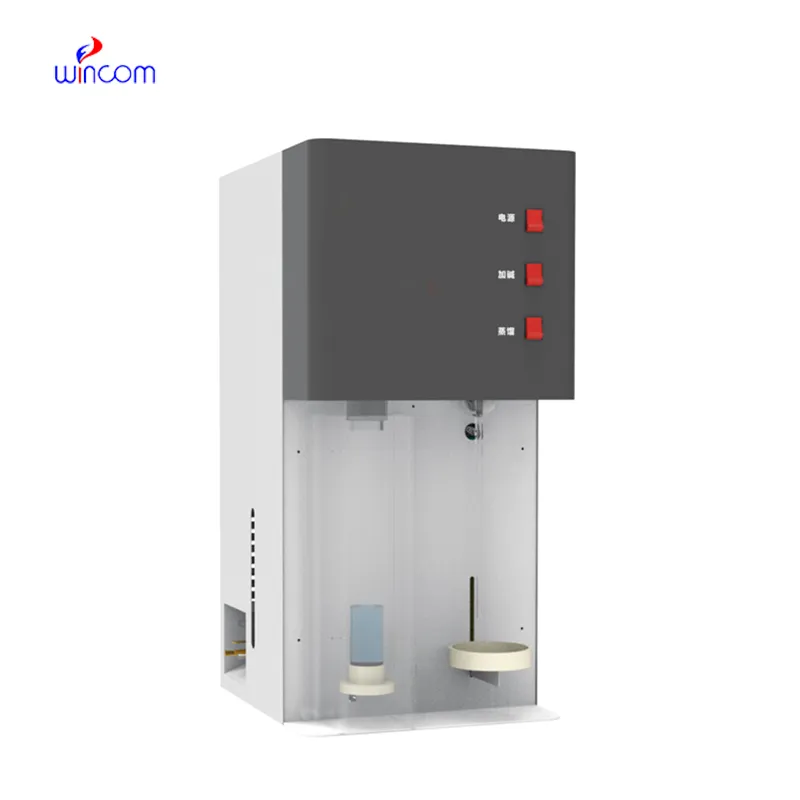
The mri machine cost to buy has a contemporary design with optimal use of space in the medical setting to provide outstanding image quality. It includes cloud storage and data analysis because of its software-based design. The mri machine cost to buy provides smooth integration with hospital information systems to enable effective workflow and record-keeping.

In spinal tests, the mri machine cost to buy offers precise cross-sectional images of discs, vertebrae, and nerve roots. It helps diagnose disc degenerative disorders, herniated discs, and compression of the spinal cord. Unbelievable accuracy is achieved in measuring alignment and detecting inflammation by doctors using the mri machine cost to buy.

The future of the mri machine cost to buy will be characterized by increased scanning speed and higher image quality through reconstruction facilitated by artificial intelligence. New algorithms will minimize noise levels while maximizing contrast and diagnostic efficacy. Cloud-based image processing will also be a feature of the mri machine cost to buy, facilitating real-time collaborative efforts and elevated telemedicine integration into global networks.

Maintaining the mri machine cost to buy involves both technical and environmental care. The system’s computer and data storage units should be updated and backed up regularly. Cooling fans, cryogen tanks, and power supplies must be checked frequently to ensure the mri machine cost to buy remains stable during extended operation.
The mri machine cost to buy is significant in non-invasive medical imaging as it generates 3D images of internal anatomy of the body. It is particularly convenient in the diagnosis of soft tissue and nervous system disorders. Using the assistance of the mri machine cost to buy, doctors are able to track the advancement of diseases and assess the efficacy of treatments with precise detail imaging.
Q: Why do MRI machines make loud noises during scans? A: The noises come from the rapid switching of gradient coils that generate precise magnetic fields necessary for capturing detailed images. Q: Can MRI scans be done with contrast agents? A: Yes, sometimes contrast agents like gadolinium are used to highlight specific tissues or blood vessels, improving visibility of certain conditions. Q: How should MRI machines be maintained? A: Regular calibration, cryogen level checks, and environmental control are essential for maintaining stable magnetic performance and image accuracy. Q: Is MRI safe during pregnancy? A: MRI is typically considered safe during pregnancy, especially after the first trimester, but contrast agents are usually avoided unless medically necessary. Q: Can MRI be used in veterinary medicine? A: Yes, MRI is widely used in veterinary hospitals to diagnose brain, spine, and joint conditions in animals with the same precision as in human medicine.
The centrifuge operates quietly and efficiently. It’s compact but surprisingly powerful, making it perfect for daily lab use.
The hospital bed is well-designed and very practical. Patients find it comfortable, and nurses appreciate how simple it is to operate.
To protect the privacy of our buyers, only public service email domains like Gmail, Yahoo, and MSN will be displayed. Additionally, only a limited portion of the inquiry content will be shown.
We are planning to upgrade our imaging department and would like more information on your mri machin...
Could you share the specifications and price for your hospital bed models? We’re looking for adjus...
E-mail: [email protected]
Tel: +86-731-84176622
+86-731-84136655
Address: Rm.1507,Xinsancheng Plaza. No.58, Renmin Road(E),Changsha,Hunan,China